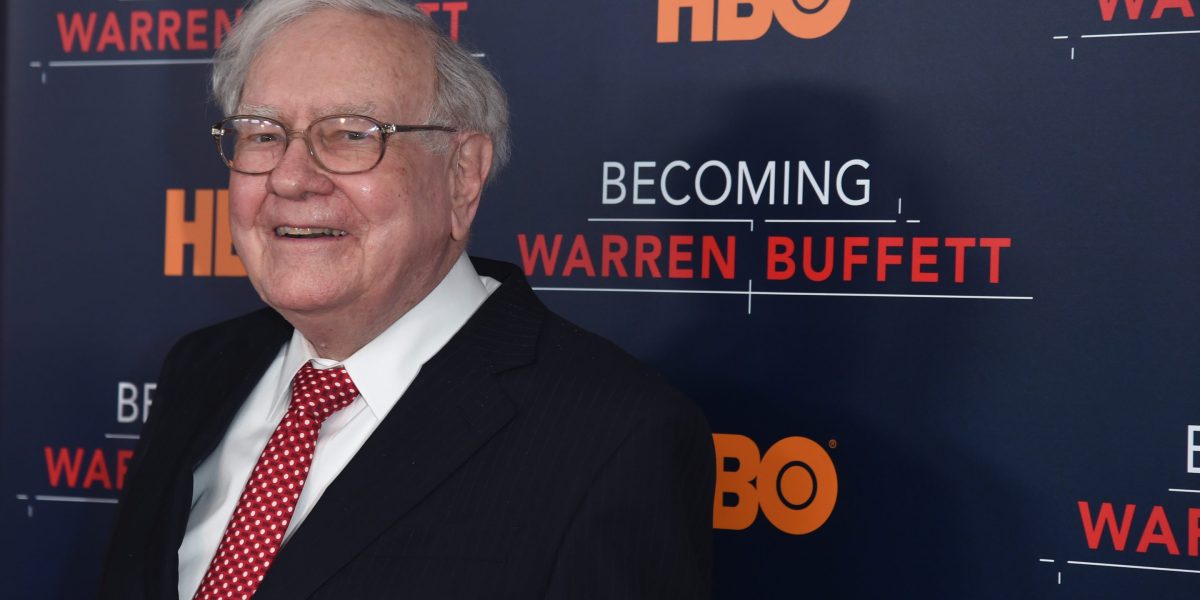- Berkshire Hathaway CEO Warren Buffett was asked about his 2003 Fortune op-ed where he called for “import certificates” to rein in trade deficits. He admitted the idea was “gimmicky,” but it’s better than the current state of trade, alluding to President Donald Trump’s aggressive tariffs.
Berkshire Hathaway CEO Warren Buffett was asked about a 2003 op-ed he wrote in Fortune warning about trade deficits, but told shareholders on Saturday that trade shouldn’t be used as a weapon.
The comments come as investors sought his take on President Donald Trump’s aggressive tariffs aimed at shrinking the U.S. trade deficit, though he didn’t directly address Trump or his “Liberation Day” duties, which have ripped through the stock market and soured foreign relations.
In his op-ed, Buffett proposed “import certificates” (ICs) as a way to balance trade instead of using tariffs. During Berkshire Hathaway’s annual meeting, Buffett was asked if he believed import certificates were distinct from tariffs.
“It’s gimmicky, but it’s certainly a lot better than anything I think we’re talking about now,” Buffett replied. “And there’s no question that trade can be an act of war, and I think it’s led to bad things, just the attitude it’s brought out.”
Import certificates are essentially credits that would be issued to exporters “in the amount equal to the dollar value of their exports,” Buffett wrote in the op-ed. Those exporters then would be able to sell their certificates to either exporters internationally or domestic importers.
“To import $1 million of goods, for example, an importer would need ICs that were the byproduct of $1 million of exports,” Buffett wrote. “The inevitable result: trade balance.”
On Saturday, he warned “trade should not be a weapon,” adding that the U.S. has been a winner overall while trading with the world.
“The more prosperous the rest of the world becomes, it won’t be at our expense,” Buffett said. “The more prosperous we will become and the safer we’ll feel and your children will feel someday.”
He also referenced America’s trade-reliant beginnings some 250 years ago saying they are still a cornerstone of economic success and the U.S. should continue to trade.
“In the United States, I mean, we should be looking to trade with the rest of the world and we should do what we do best,” Buffett said.
This story was originally featured on Fortune.com
Source link

